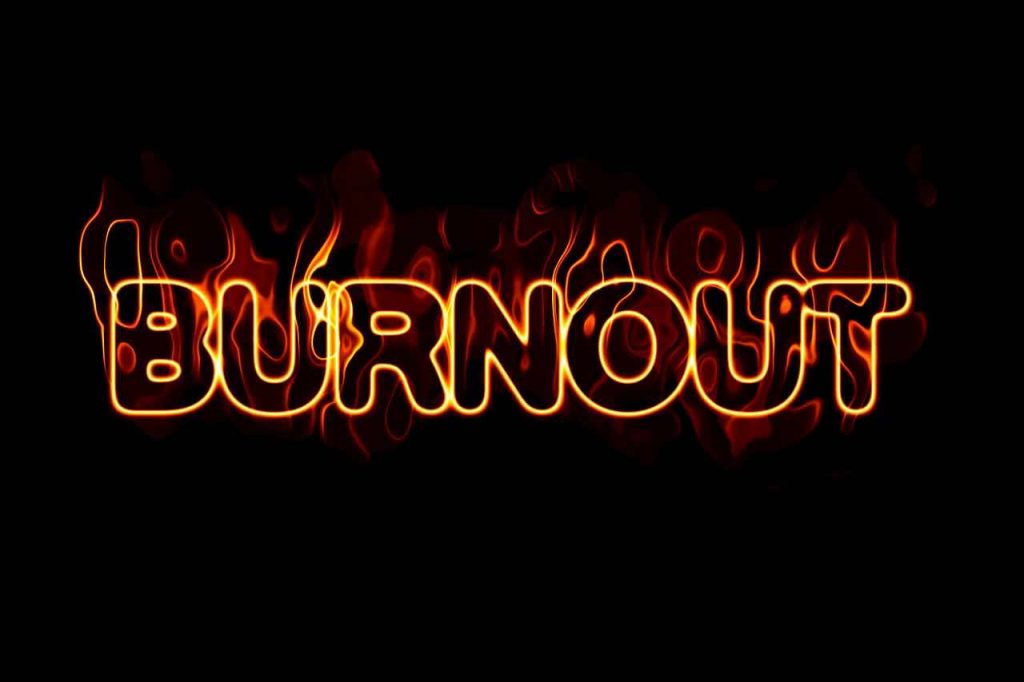 Today’s leaders need to be thinking about preventing coronavirus burnout in themselves and their employees. We’ve talked before about this challenge, which has been on the rise in recent years. Burnout reduces performance and employee mental health.
Today’s leaders need to be thinking about preventing coronavirus burnout in themselves and their employees. We’ve talked before about this challenge, which has been on the rise in recent years. Burnout reduces performance and employee mental health.
The company CBDistillery recently surveyed 2,000 Americans about their experiences from working from home. The results paint a troubling picture, as nearly 70% are struggling to maintain a healthy work-life balance. Also, 65% report working longer hours than before and 56% are stressed out about work more than ever before.
These are troubling patterns but some simple action steps can help you with preventing coronavirus burnout. Consider these tips:
Have a Defined Day
If your day never ends, then it is a surprise that you’re burning out? While working from home may make it more challenging to clock out, you need to have a defined start and end to your day.
Otherwise, you’ll be tempted to jump back into work mode whenever you think of something that needs to be done. While you may have endless things you must achieve, you can’t do them all at once.
Rest allows you to work harder. Working harder doesn’t help you work harder. It exhausts you.
While there may be times when you need to bend the rules on your work day, consider the past times when you worked outside your normal hours. Did putting in that extra time make a significant difference? Or could it have waited and produced the same results?
For more about the slippery slope of working extra hours, watch this video.
You Need a Clear Focus
Do you give some tasks more attention than they require? It’s good to be thorough but overdoing it can take a lot of time and energy.
Think of tasks like art or scribbles. Art takes time and focus. Scribbles can be quick and require a lower level of attention. Art hangs in museums and scribbles often end up on post-it notes.
You don’t need every task to be a masterpiece. That’s a trap of perfectionism.
Are you using work, during the coronavirus, as a way to give you a sense of control over your life? Don’t try to do everything. Instead, focus on the tasks that matter most. Those should get most of your time and energy.
Preventing Coronavirus Burnout Through Selective Worrying
Worrying takes a lot of time and energy. Sometimes it’s a wasted effort, as the worst case scenario never happens.
Yet it’s easy to embrace worrying as a default setting in your mind. If you can’t turn off worrying, then maybe you can desensitize yourself to it.
Understand there’s a lot you can’t control right now. Worry about the things where you can have have a direct impact. Other problems may happen but if you can’t prepare for them or prevent them, then don’t spend the time worrying about them.
Learn Something New
While you may feel too busy, it can be good to invest time in learning something new. This can be a professional or a personal task that enriches you.
You want to shift your attention from your daily routine. It also provides you with a sense of control and accomplishment.
The new thing doesn’t have to be big, like learning a new language. It could be mastering a card trick, figuring out how to use a new function on a piece of software, or learning a new word every day.
Redefine Success in 2020
A lot of big plans and bold dreams disappeared in 2020. You may need to reset your goals and expectations.
Circumstances out of your control have changed the game and there’s no reset button. This is frustrating but necessary to accept.
Perhaps it’s time to redefine what success in 2020 will look like. In school, I started a few classes hoping to get an “A,” only to end up squeaking by with a “C.”
Sometimes victory is about getting to tomorrow and surviving a tough situation.
And It’s Okay to Get Help
If you do feel like you’re stuck in a spiral of burnout, consider getting professional help. Simply talking to an outside party about your challenges can help give you perspective and show a path to better days.






